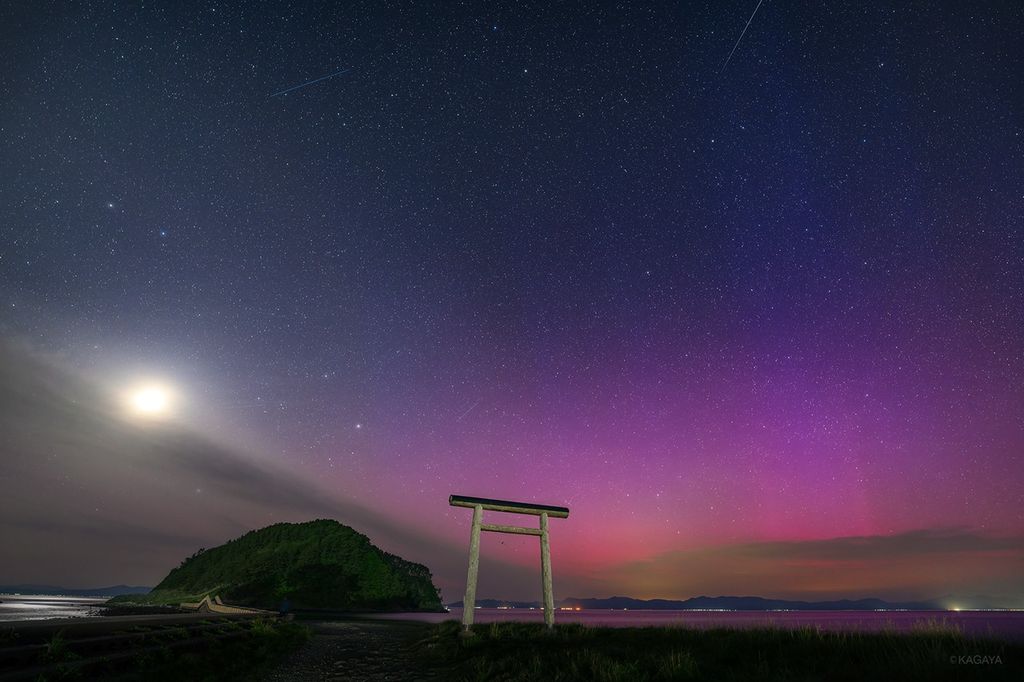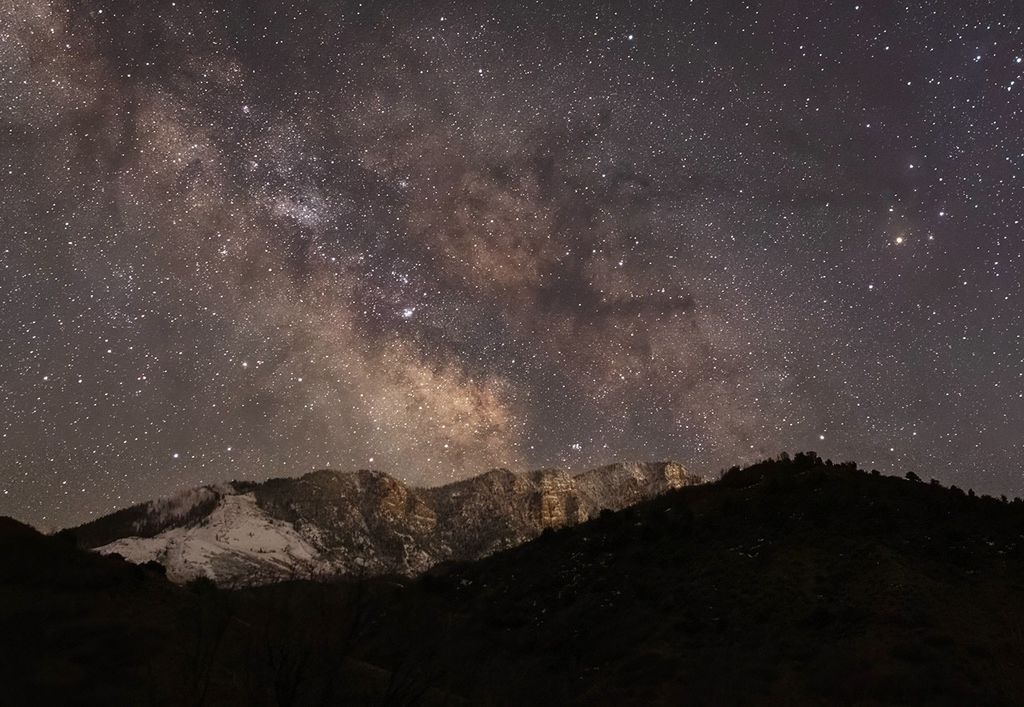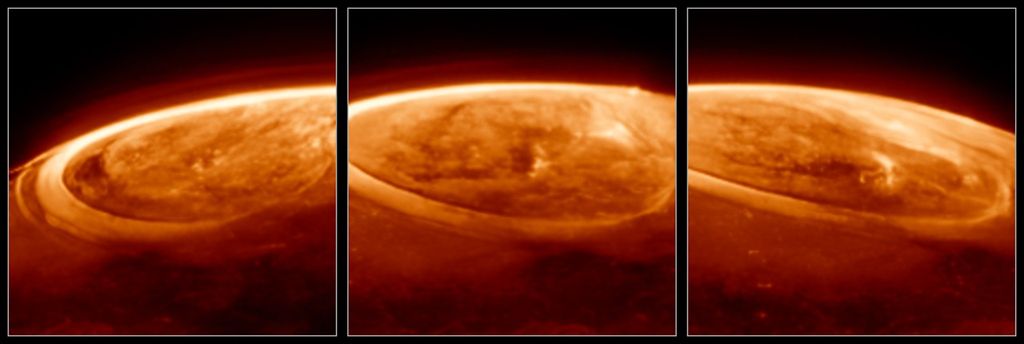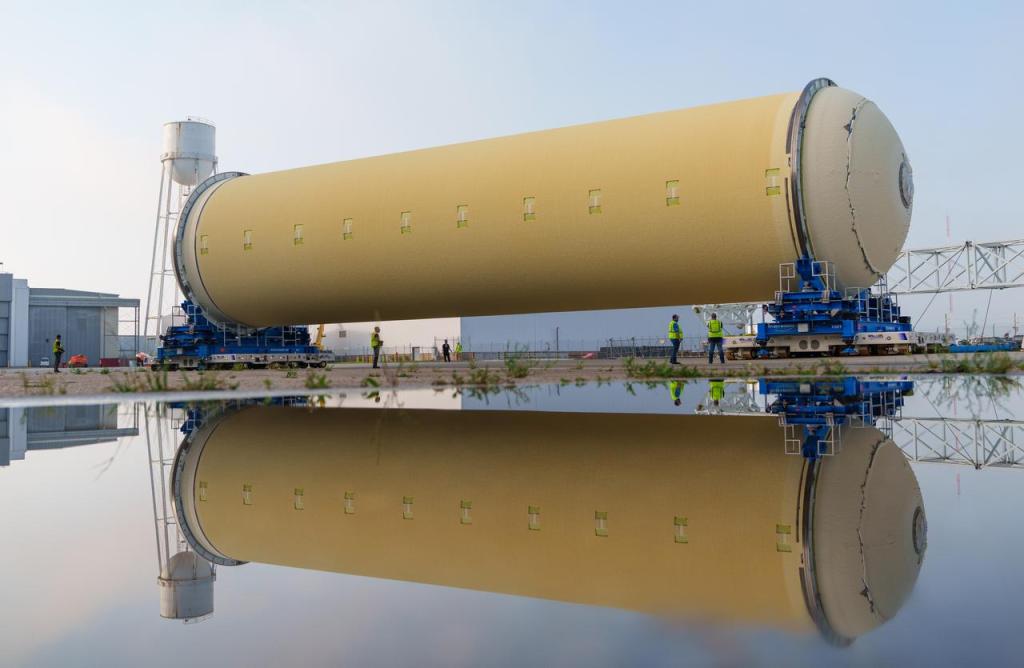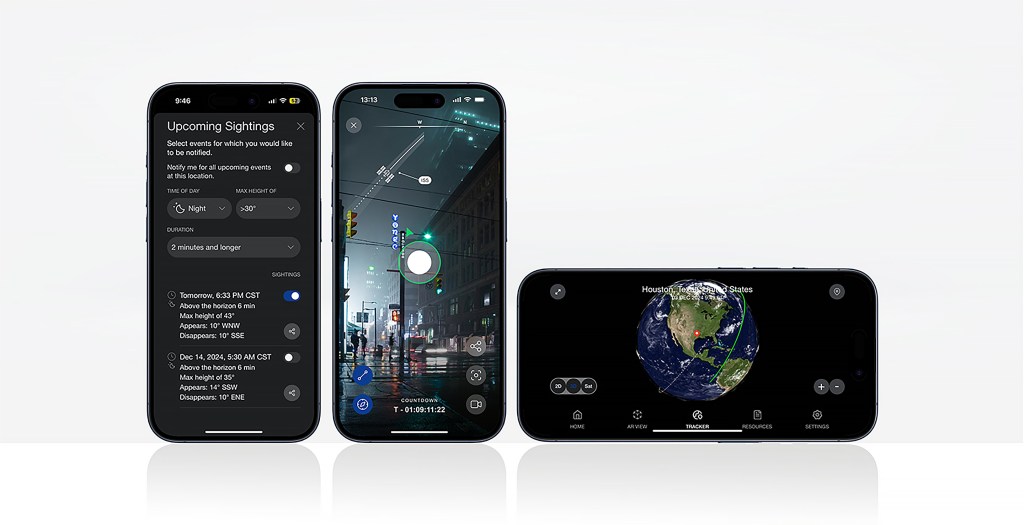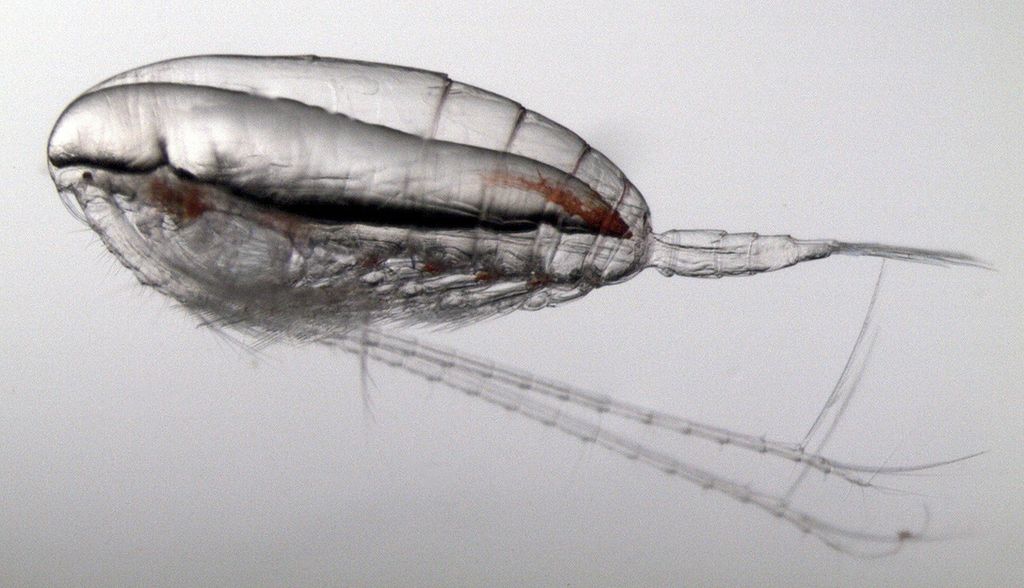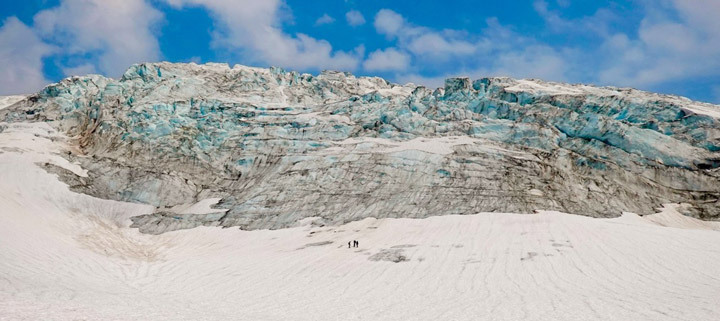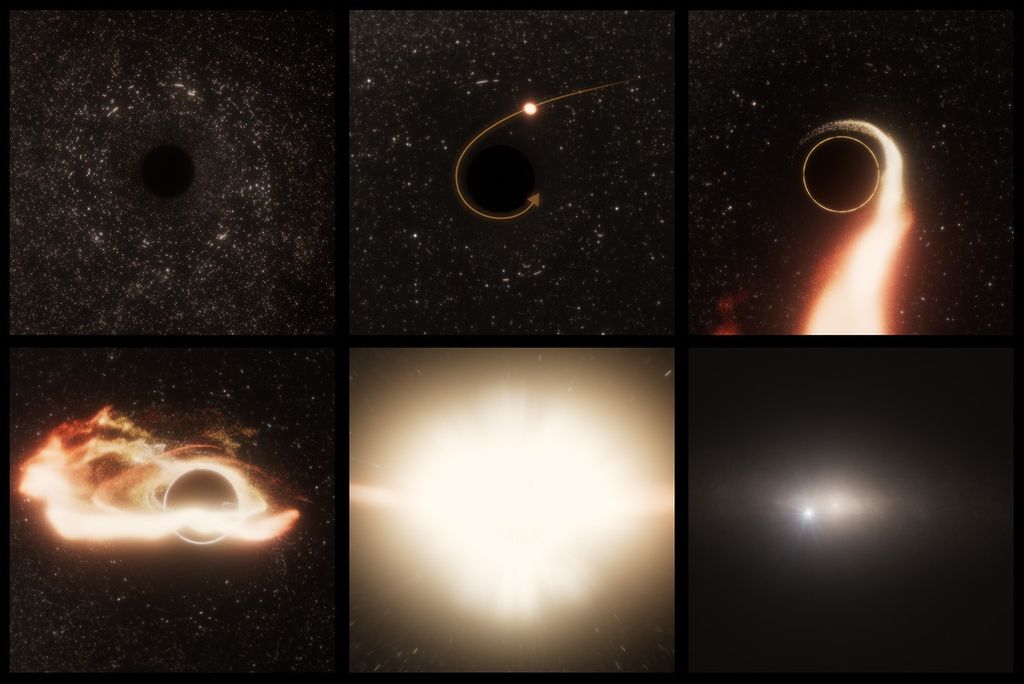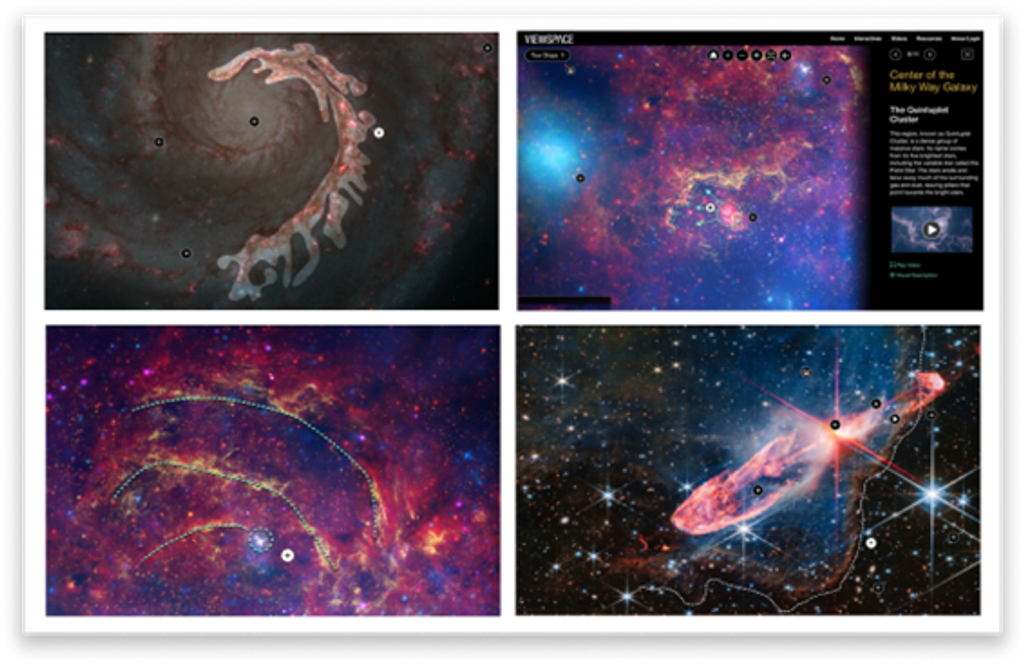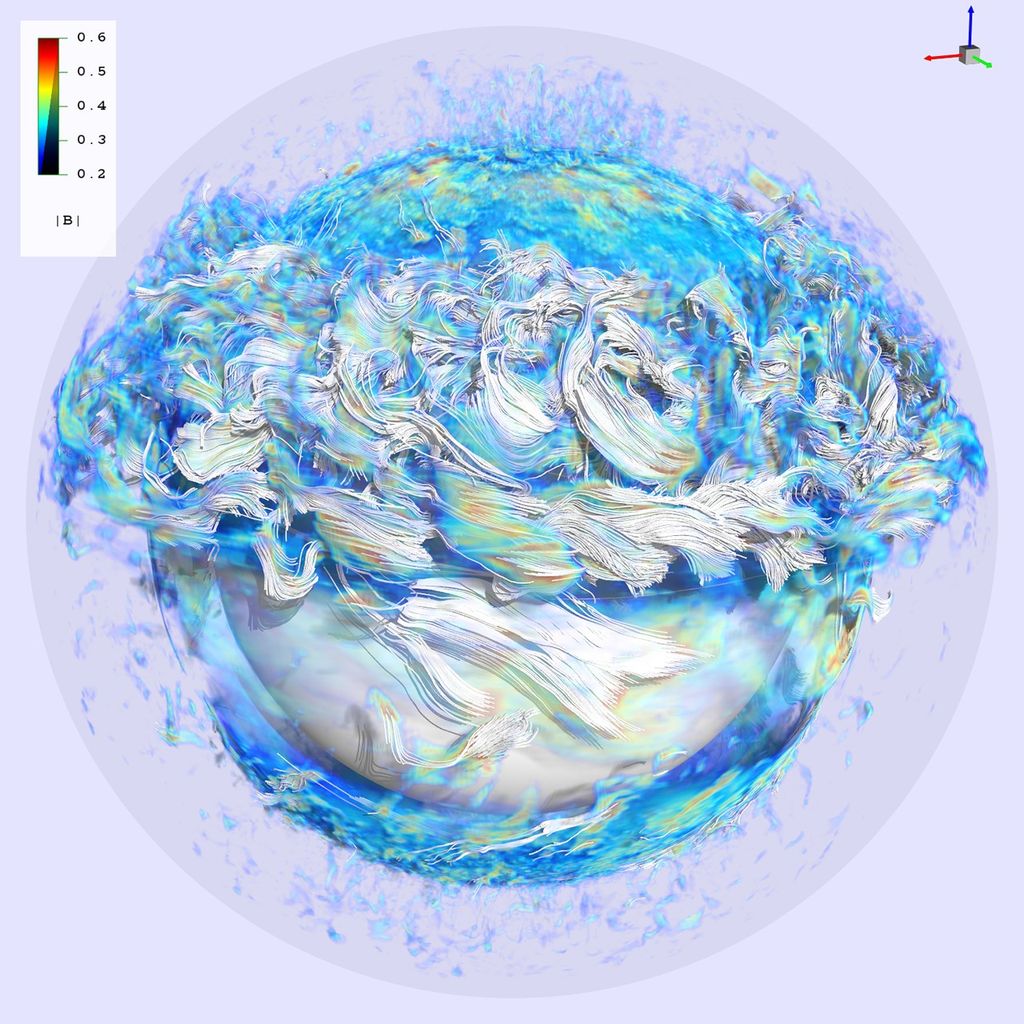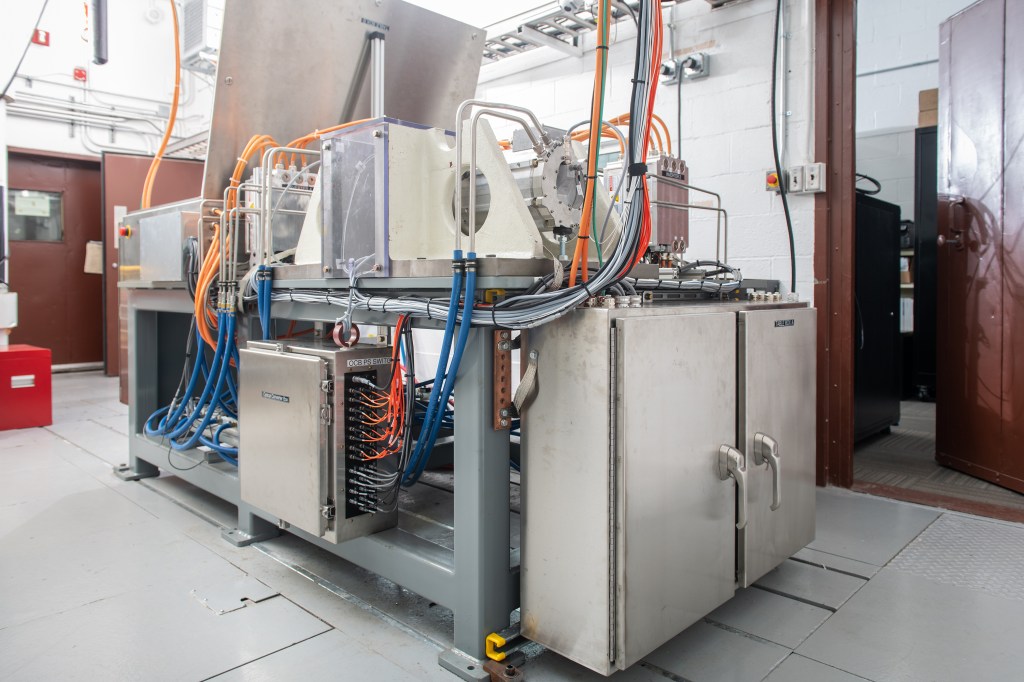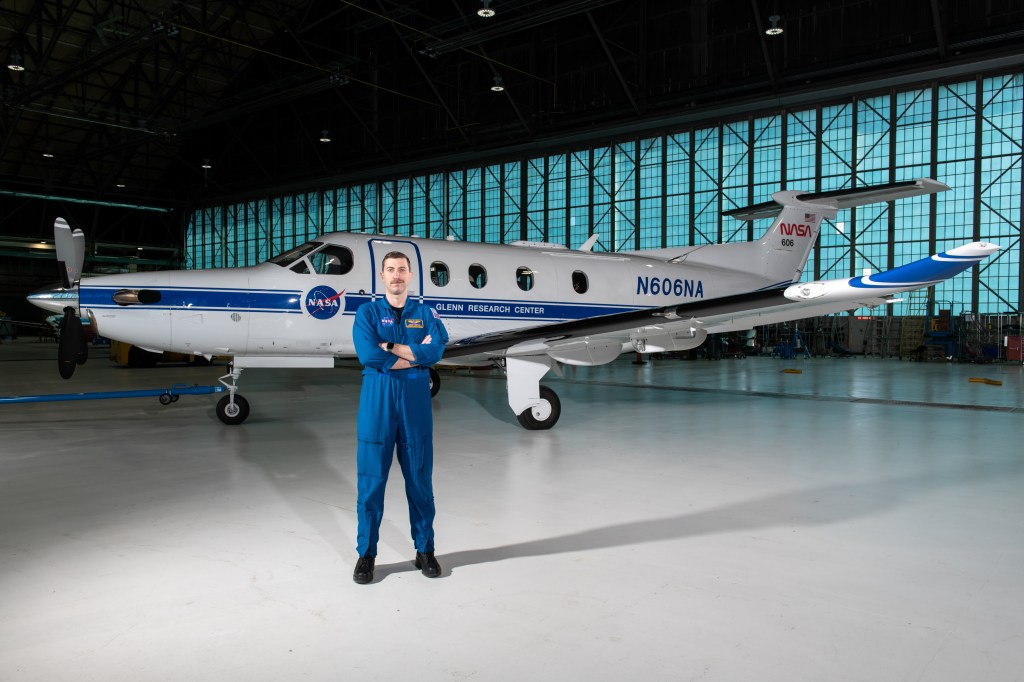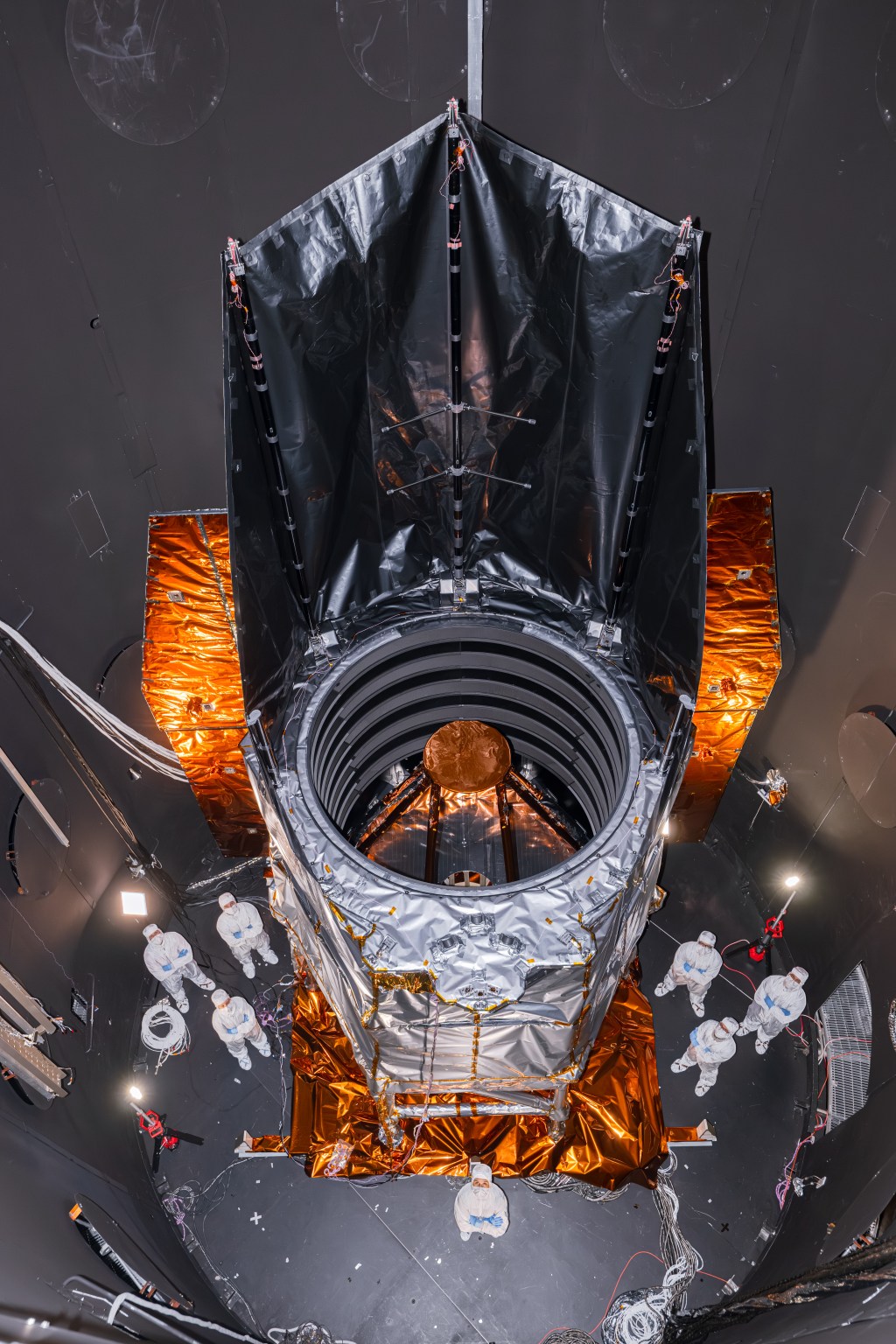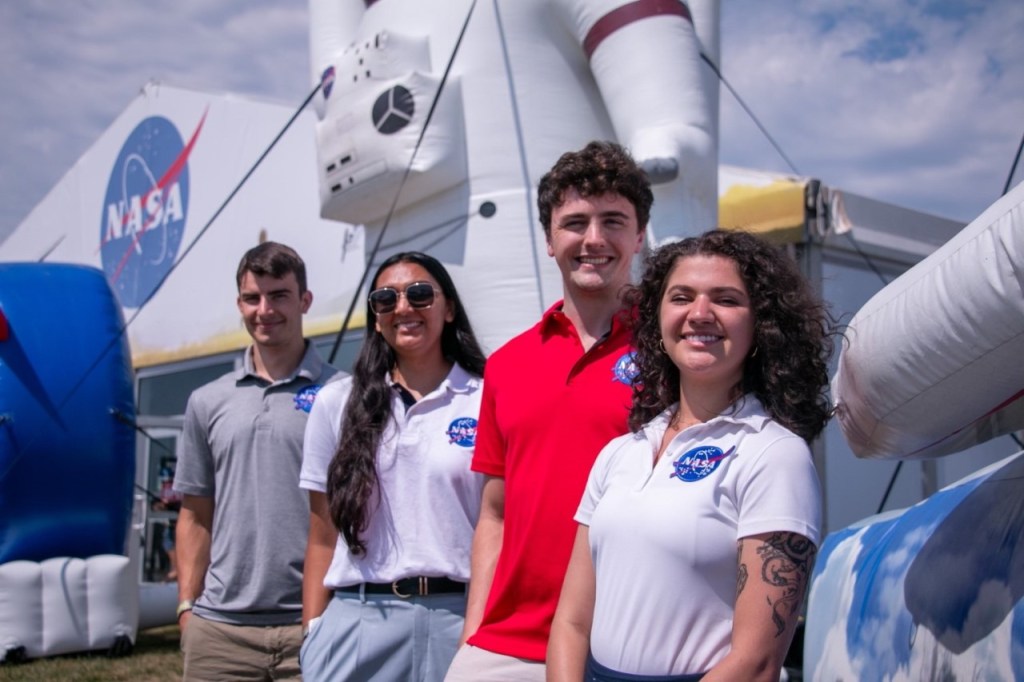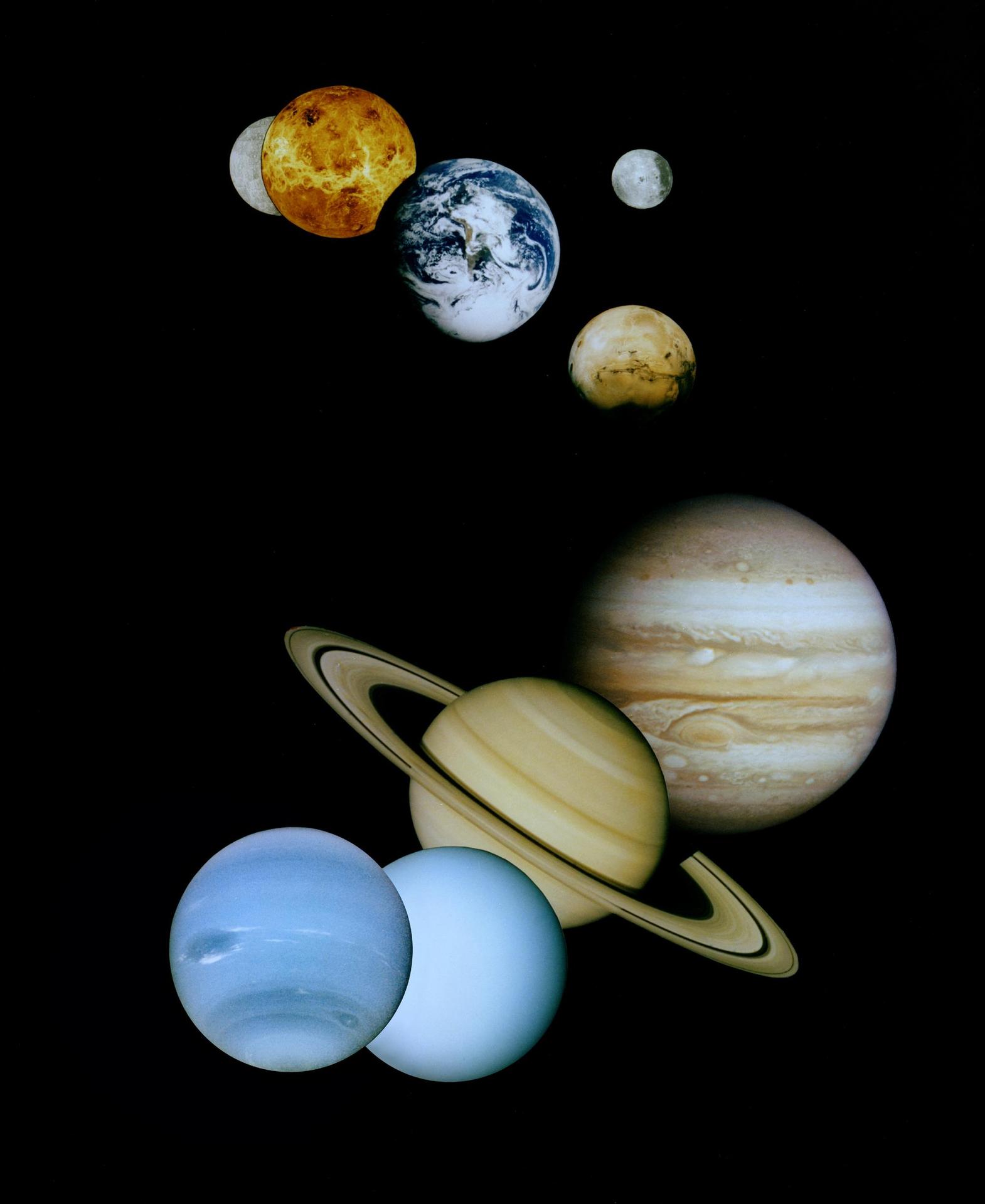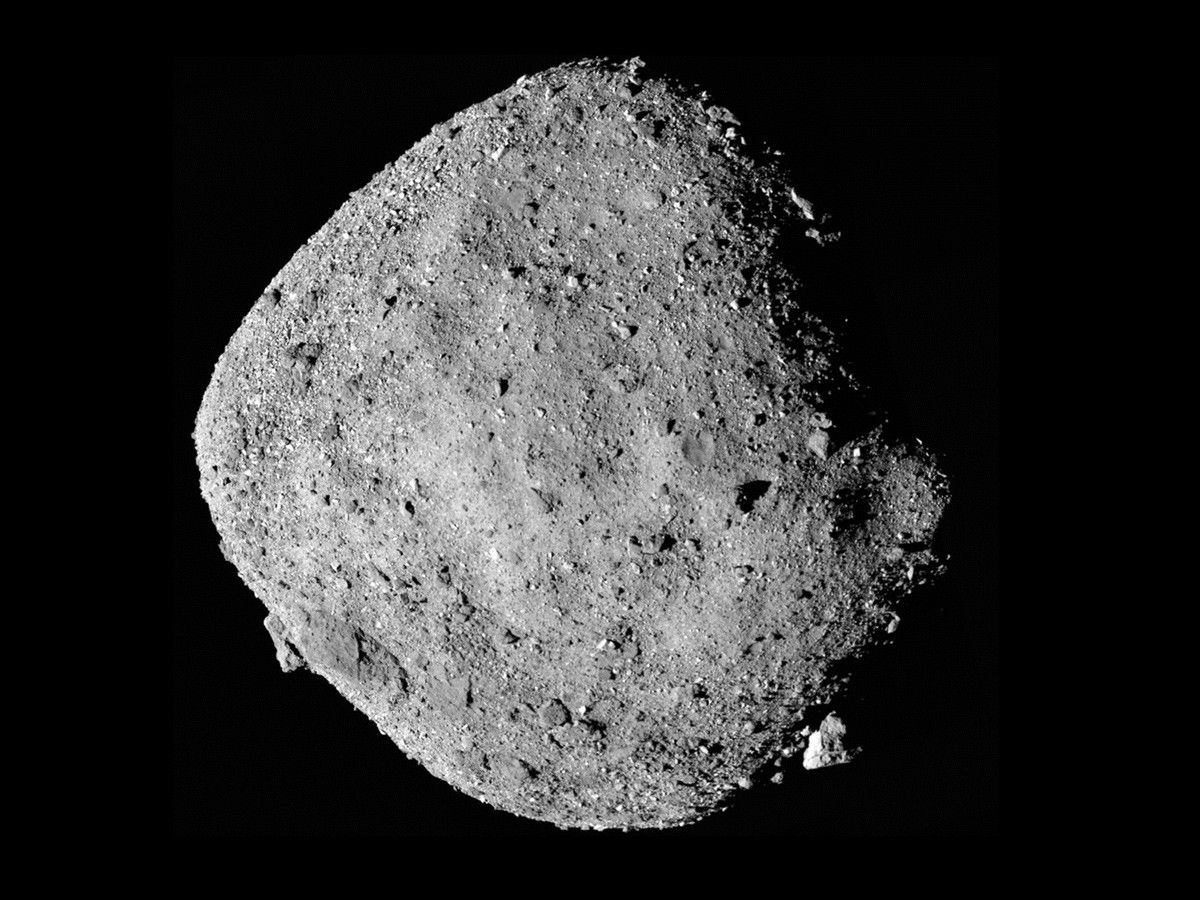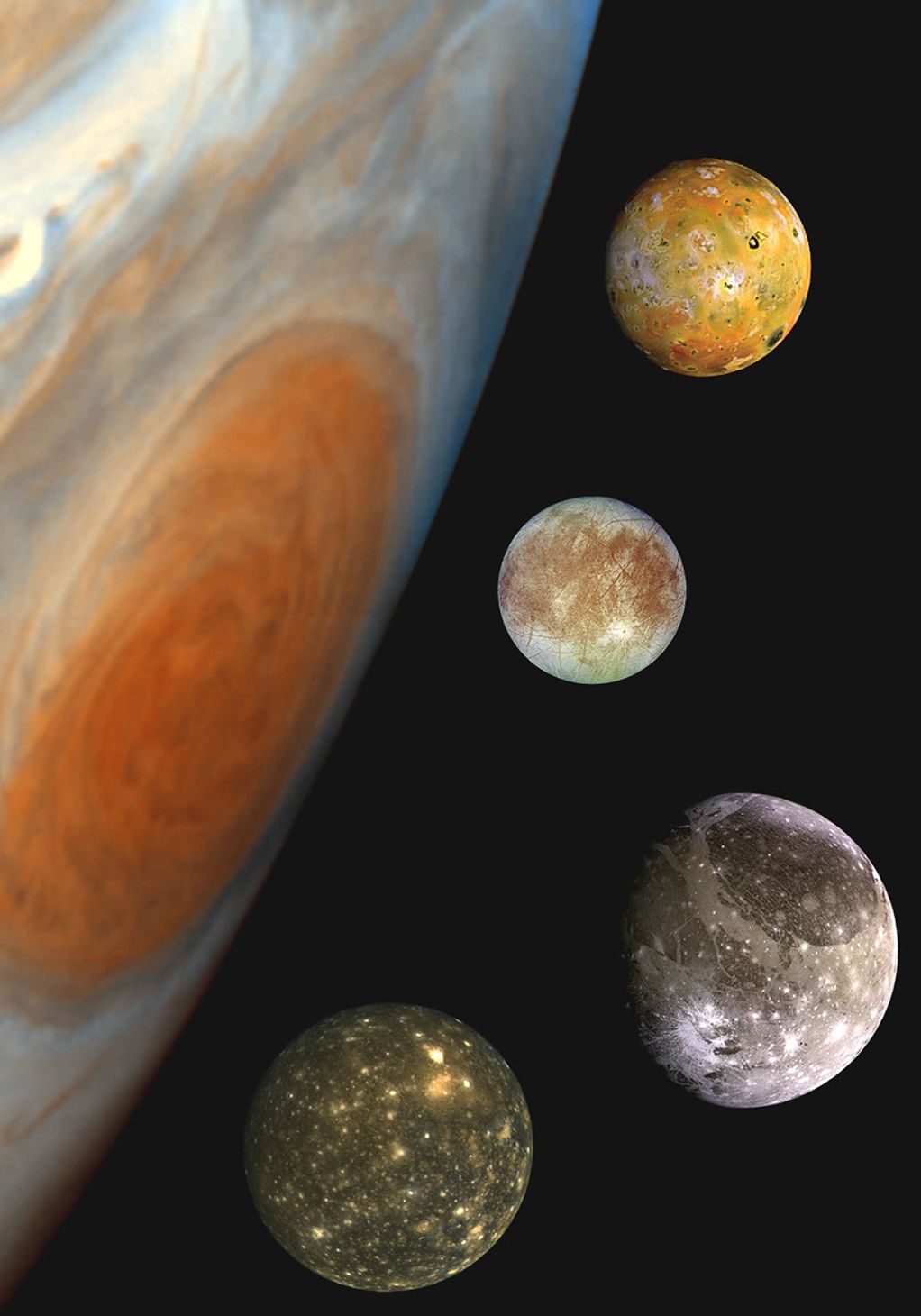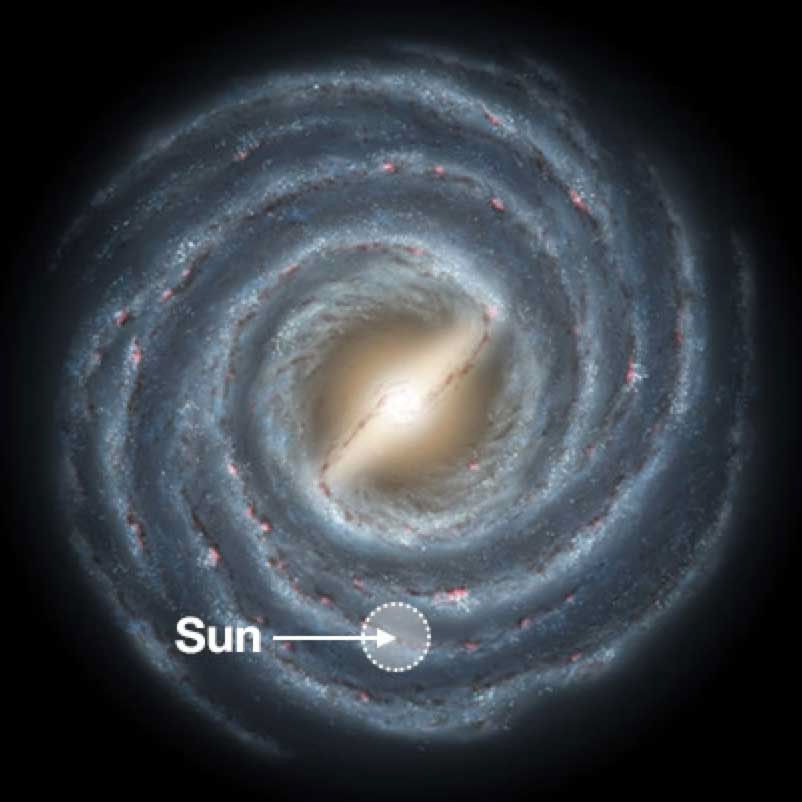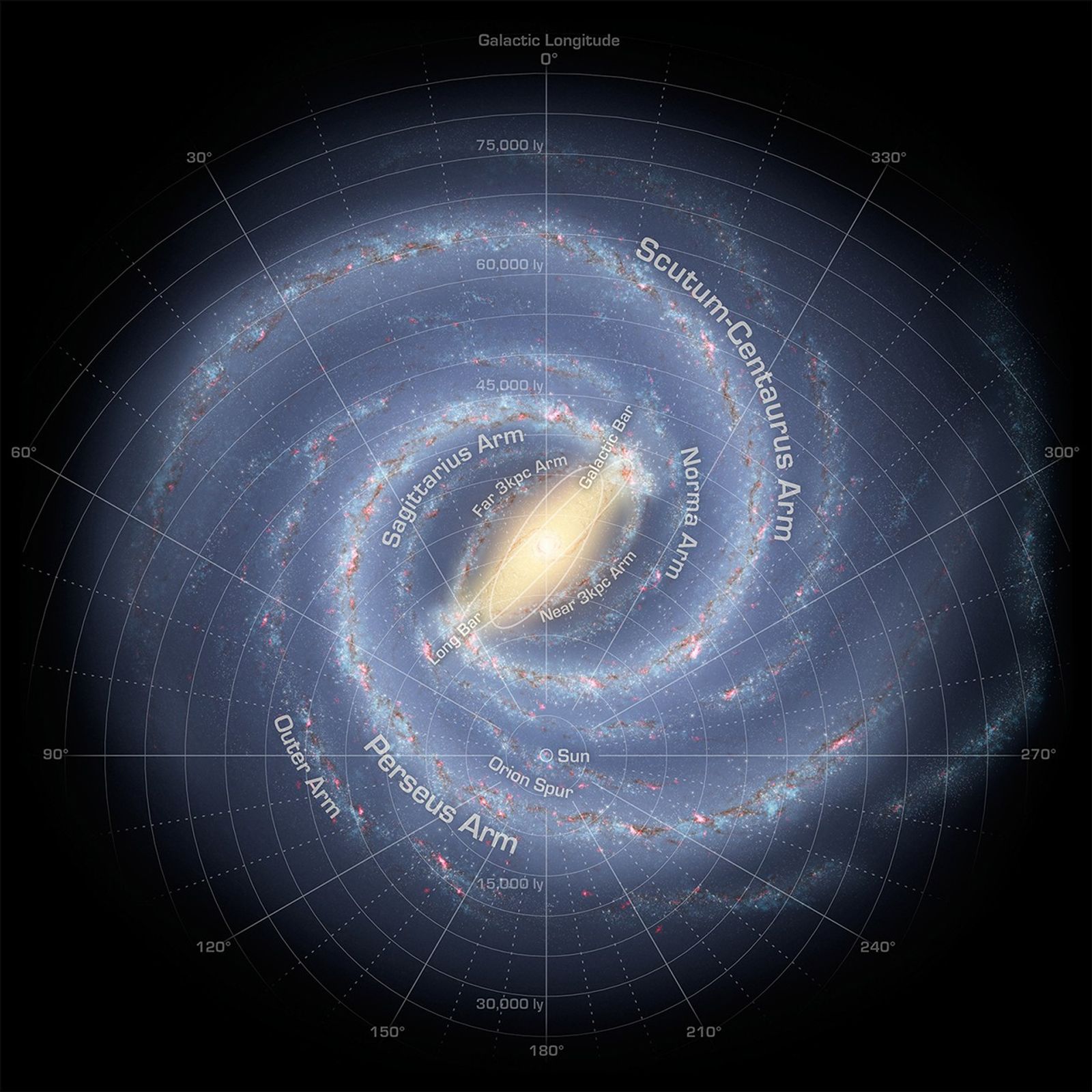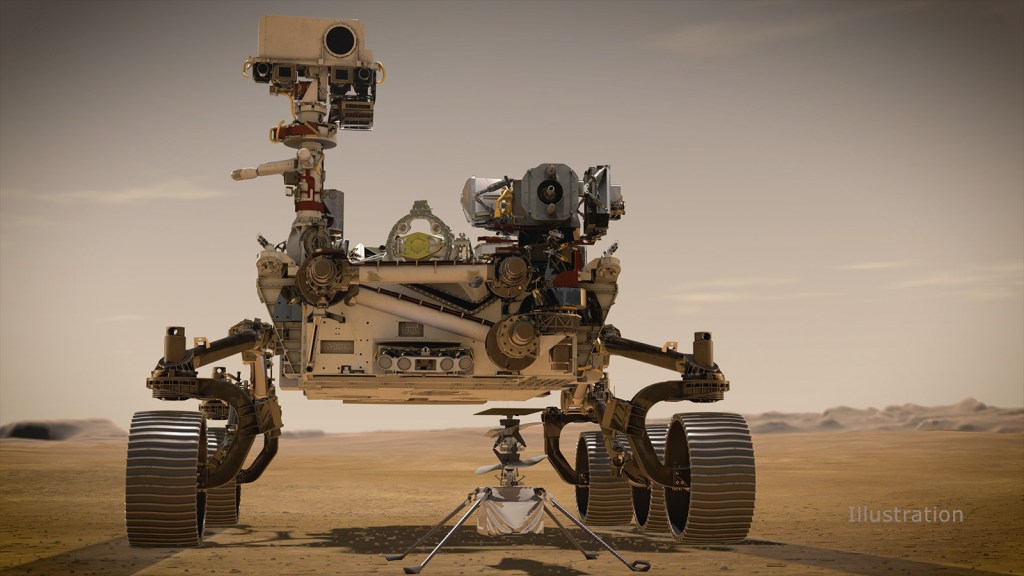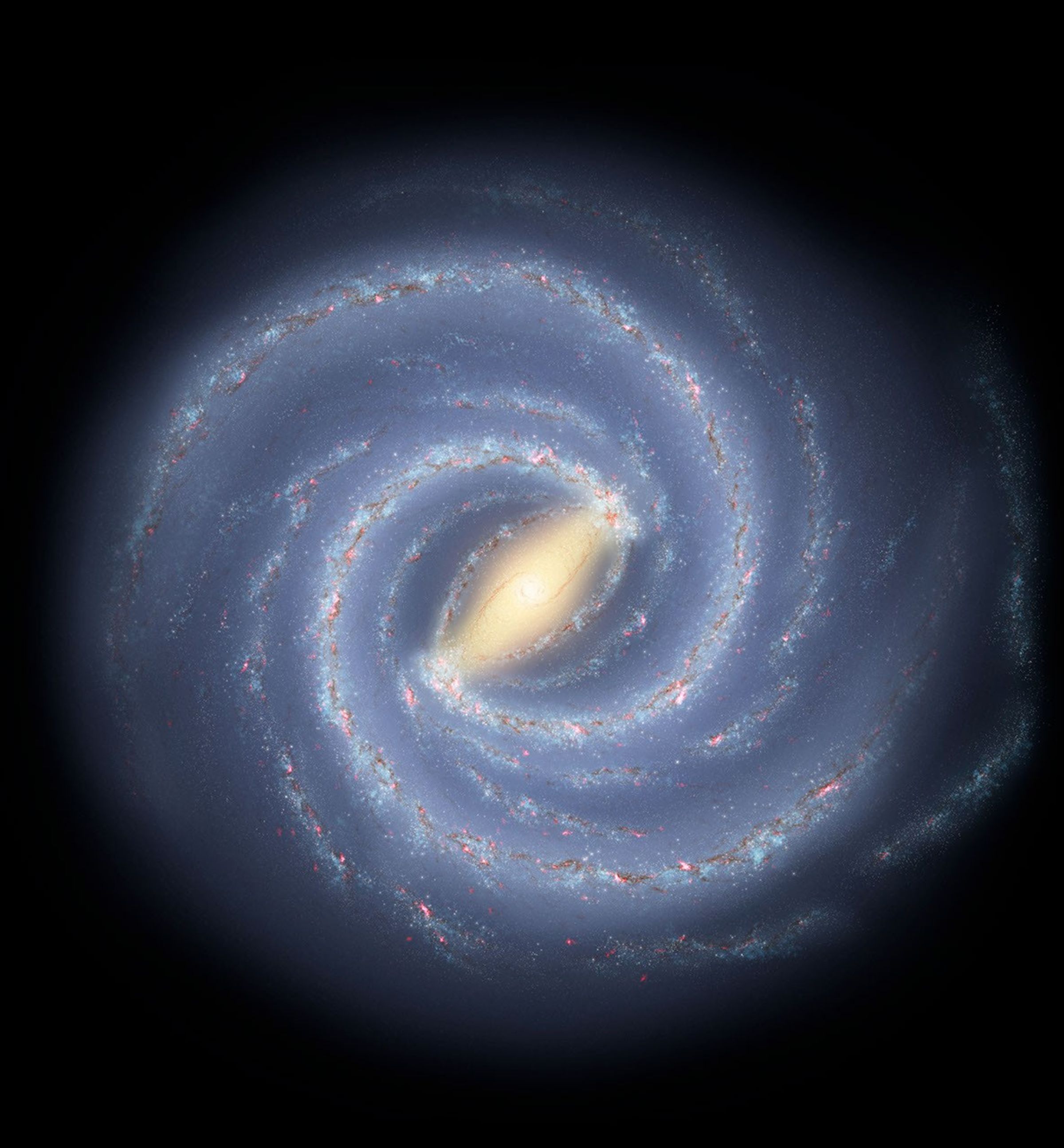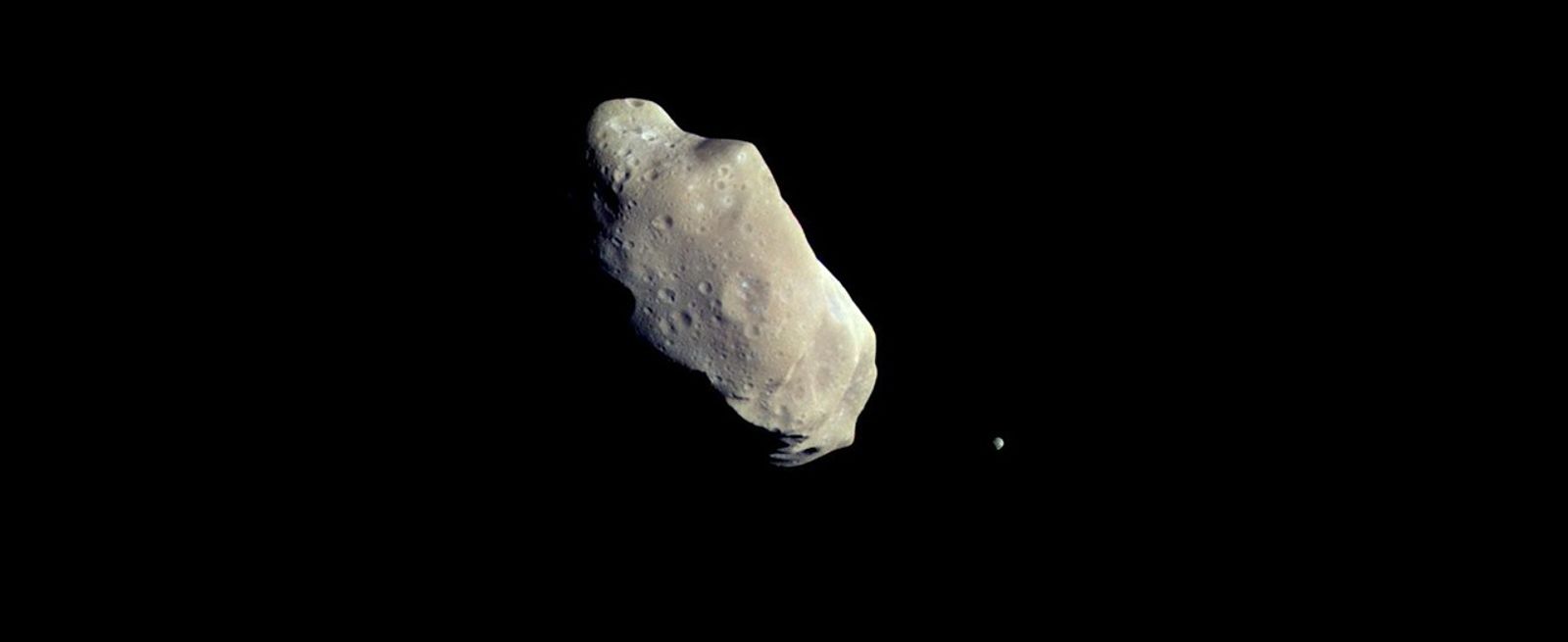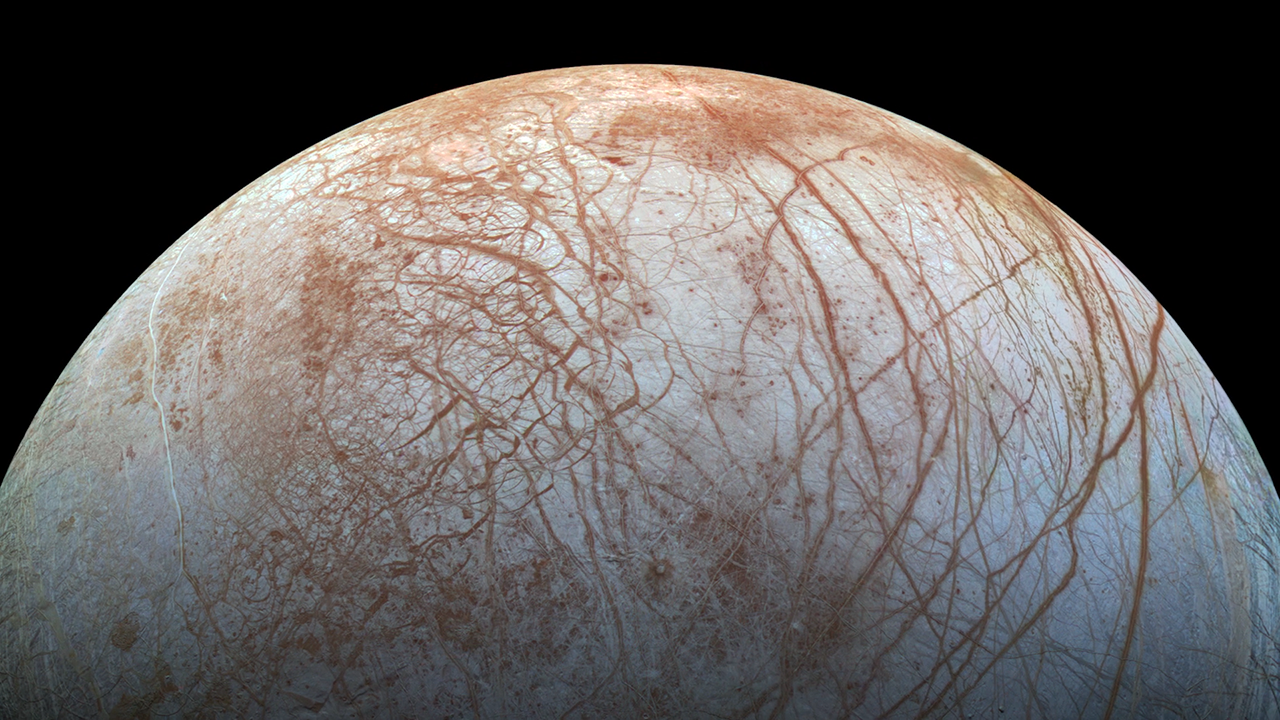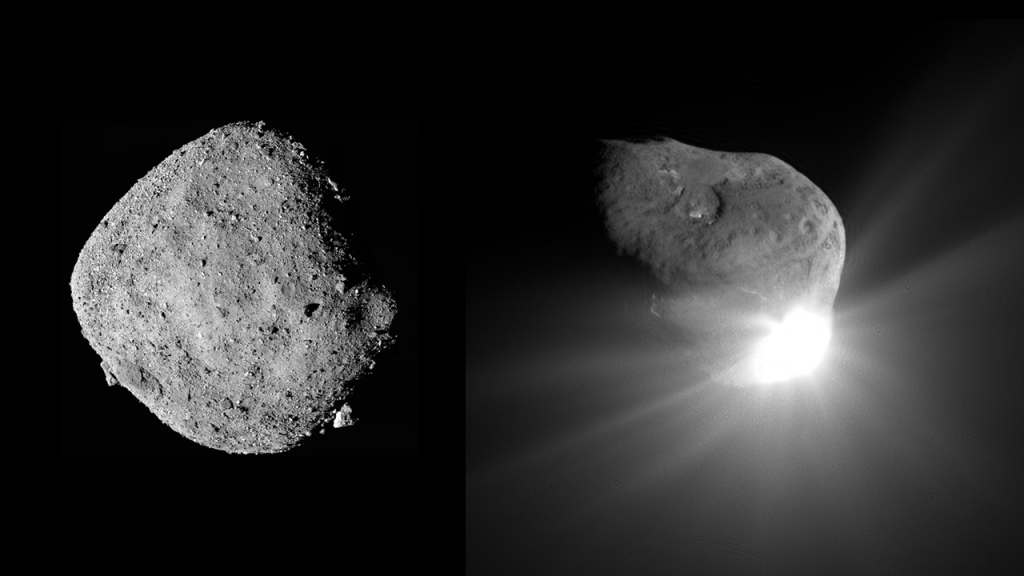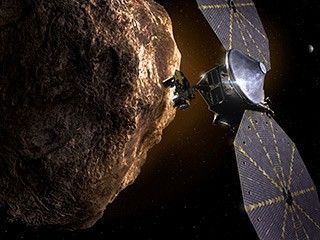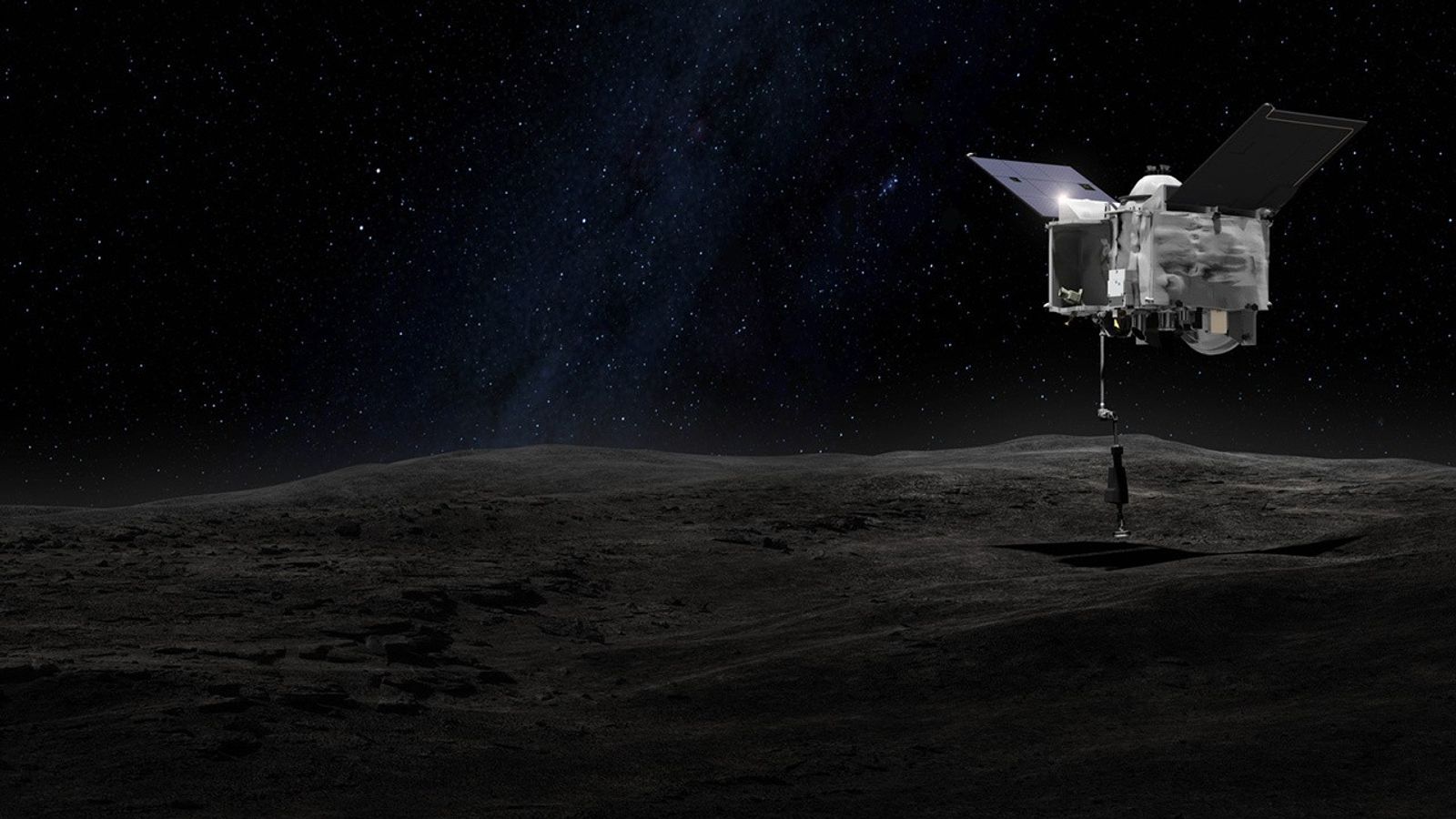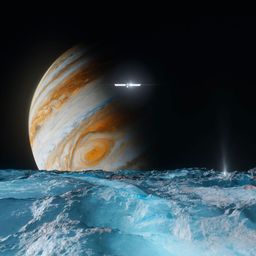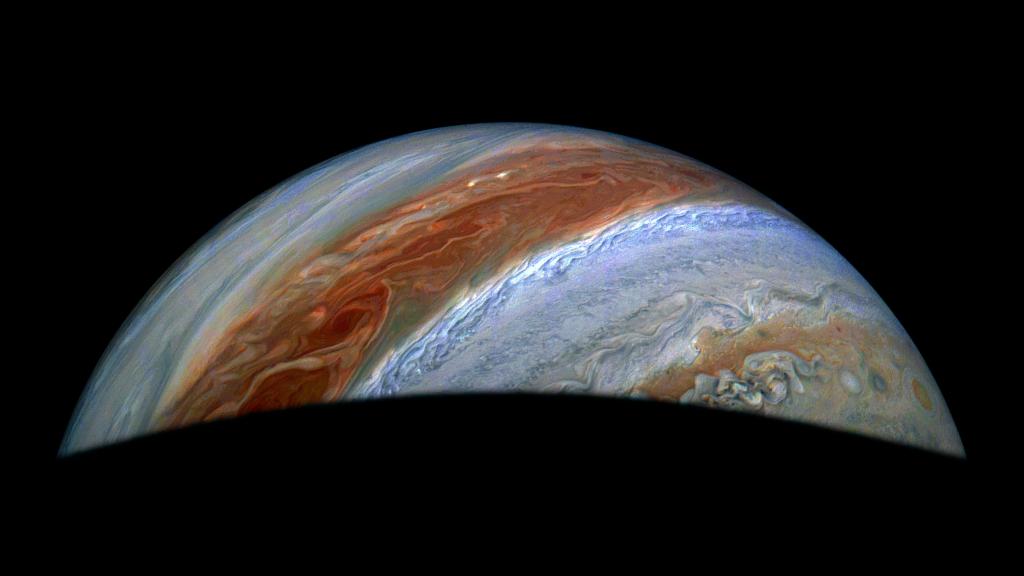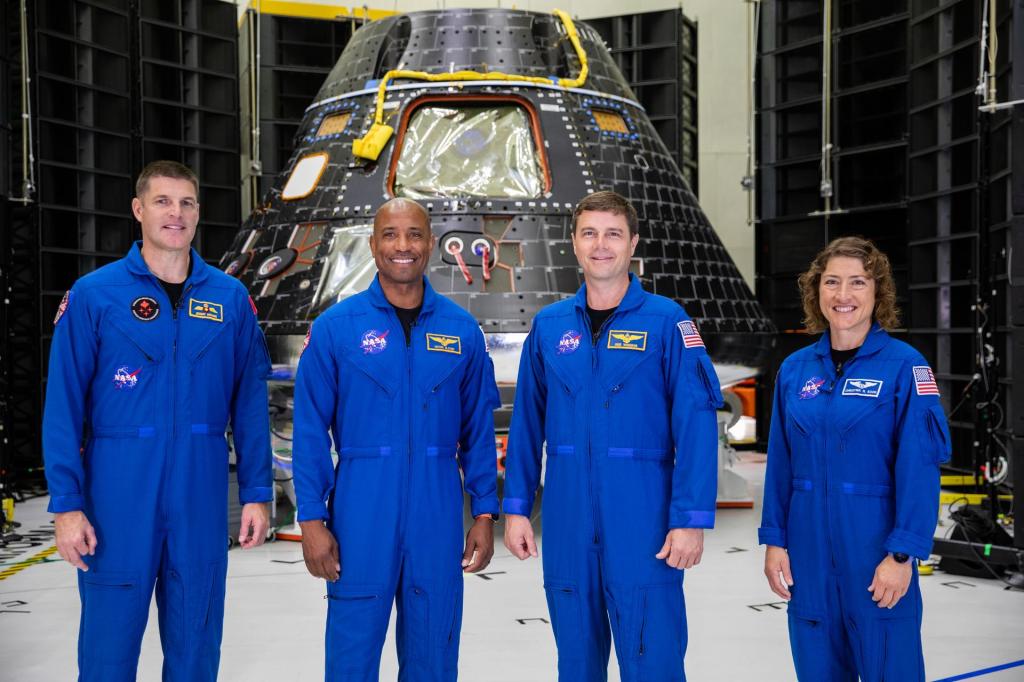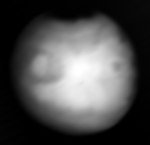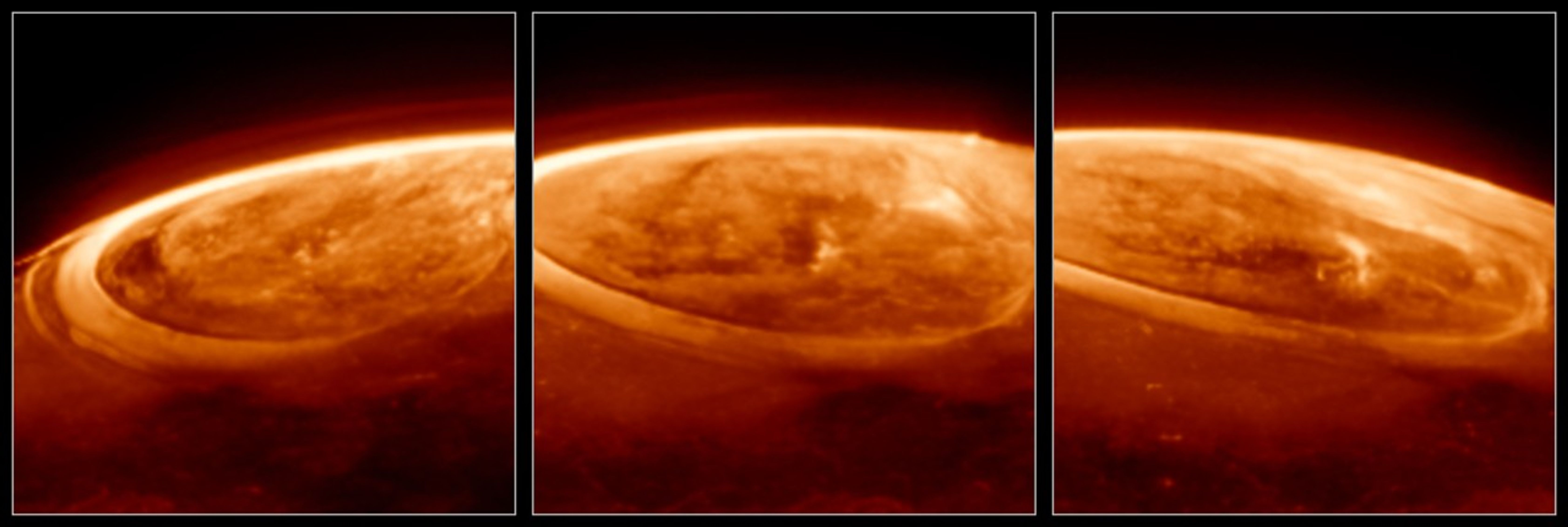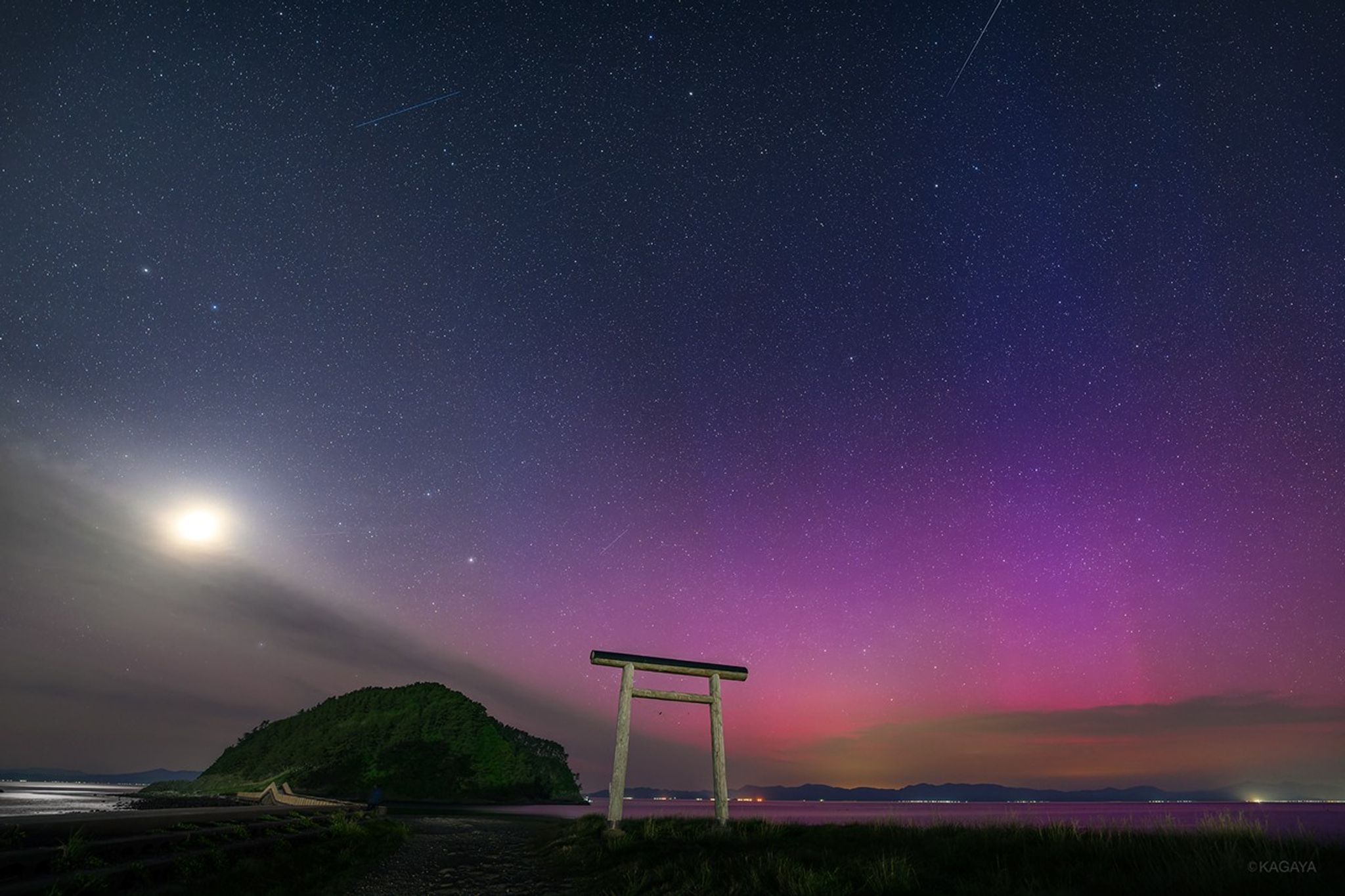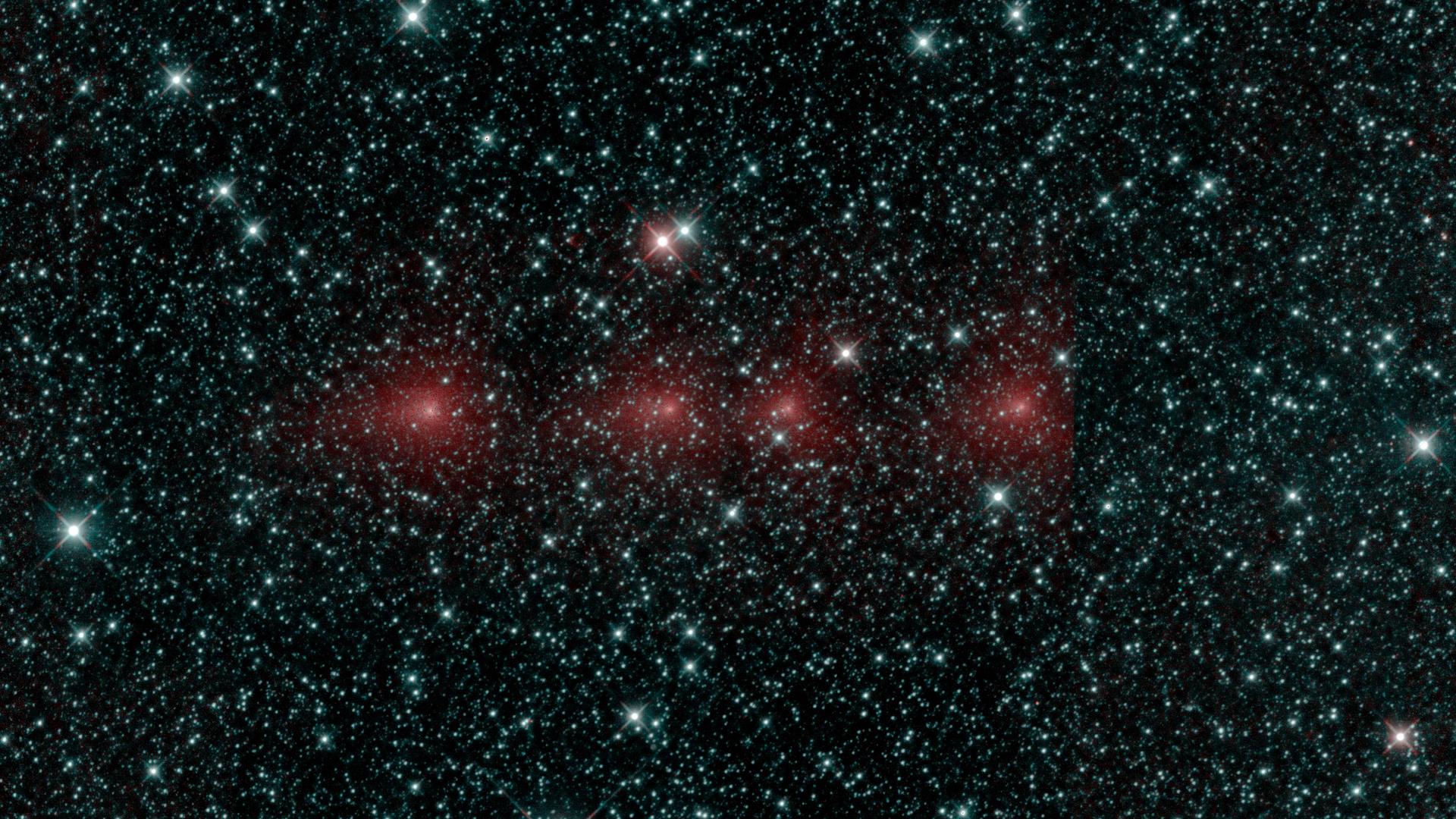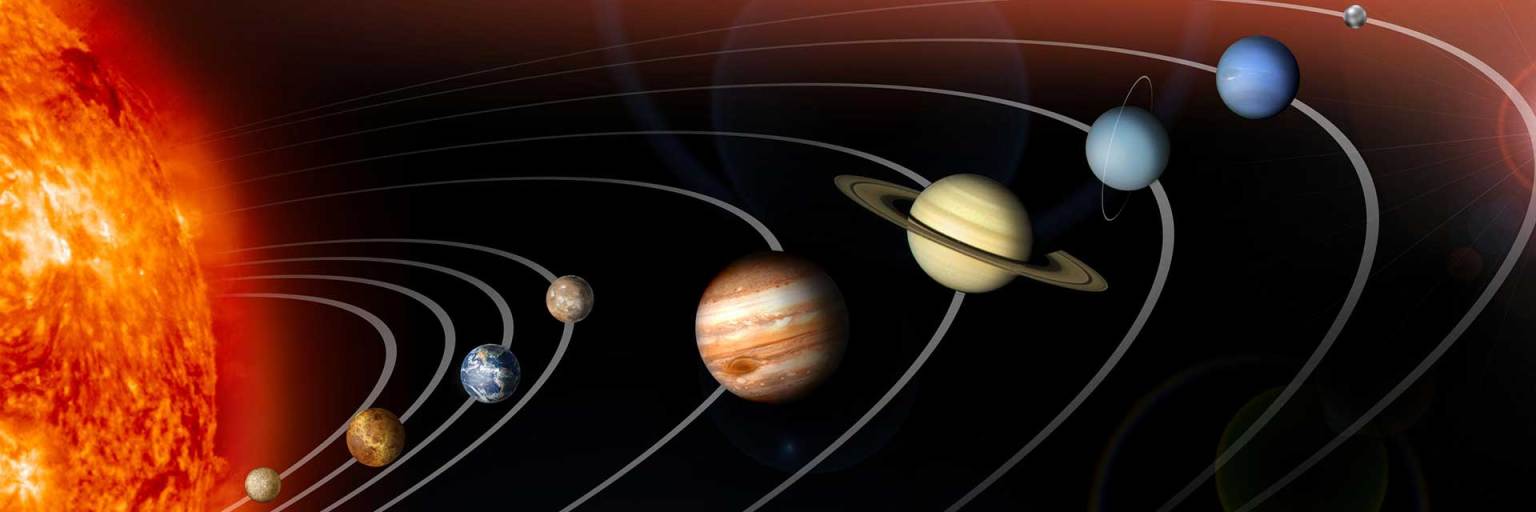
Solar System Exploration
Join us as we explore our solar system.
Planets
Dwarf Planets
10 THINGS about our solar system
Solar System Facts
Our solar system includes the Sun, eight planets, five officially named dwarf planets, hundreds of moons, and thousands of asteroids and comets.
Our solar system is located in the Milky Way, a barred spiral galaxy with two major arms, and two minor arms. Our Sun is in a small, partial arm of the Milky Way called the Orion Arm, or Orion Spur, between the Sagittarius and Perseus arms. Our solar system orbits the center of the galaxy at about 515,000 mph (828,000 kph). It takes about 230 million years to complete one orbit around the galactic center.
Get the Facts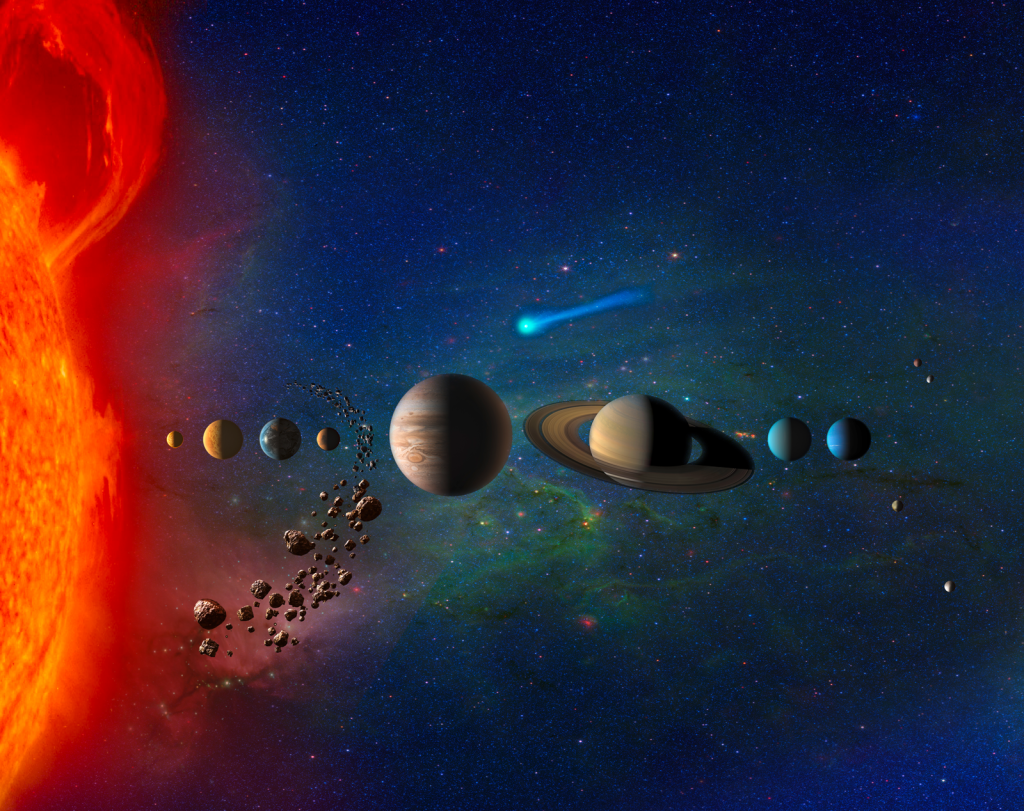
About the Planets
Learn about the inner planets, the outer planets, and the dwarf planets.
Explore the Planets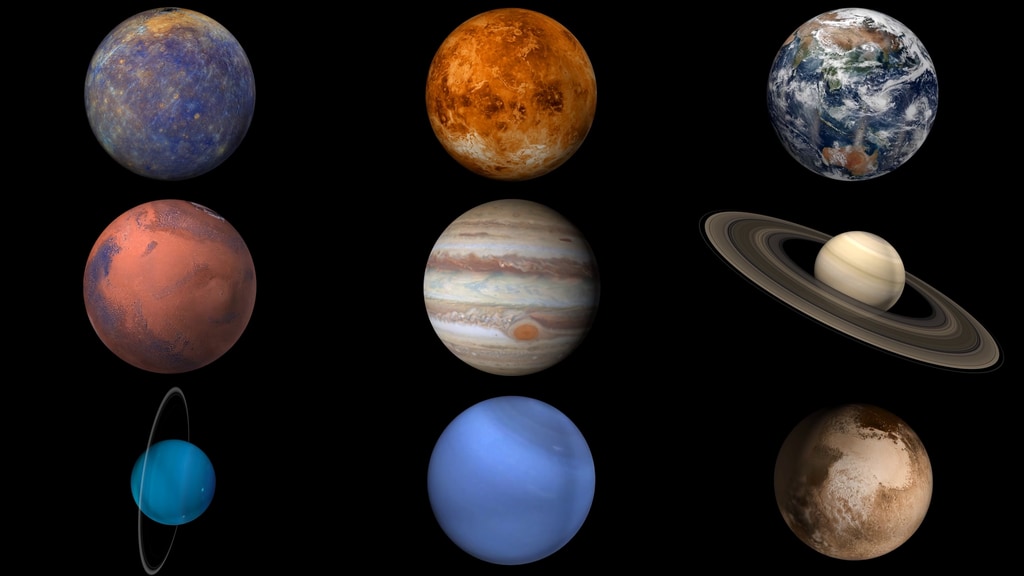
Moons in Our Solar System
Our solar system has hundreds of moons, and they come in many shapes and sizes.
Explore Moons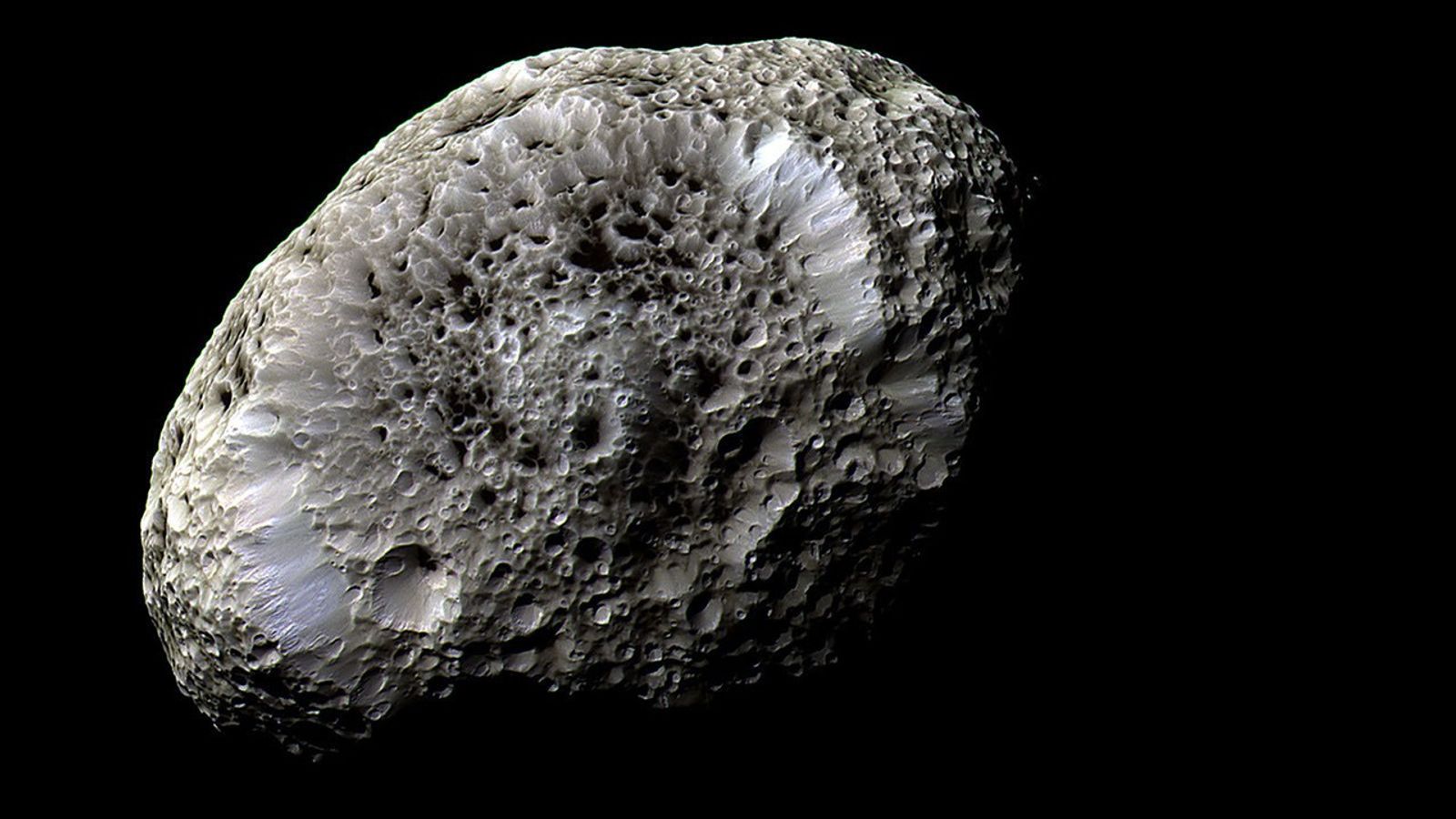
Eyes on the Solar System
Featured Missions
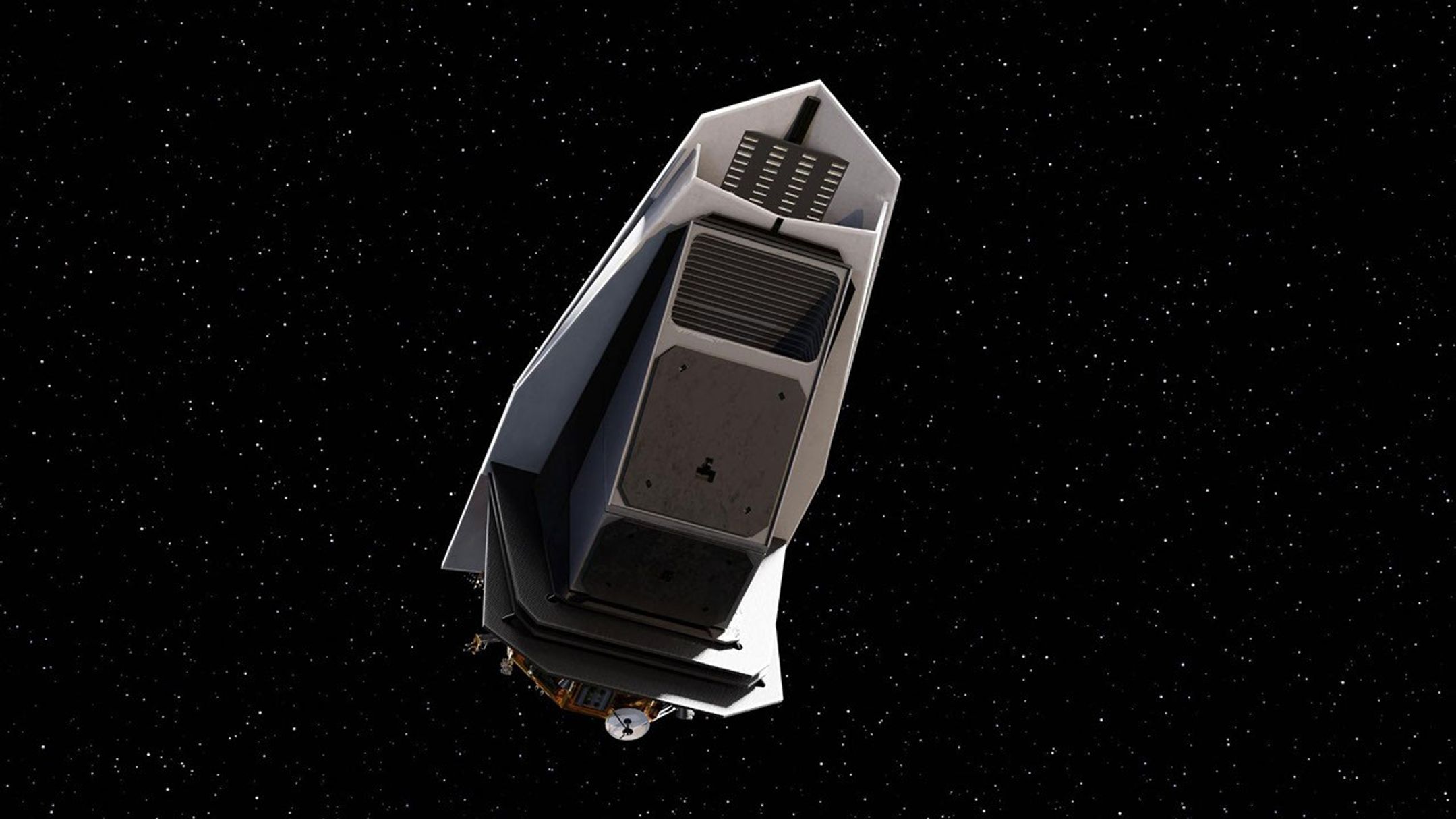
NEO Surveyor
NEO Surveyor will hunt asteroids and comets that are potential hazards to Earth. Launch is no earlier than September 2027.
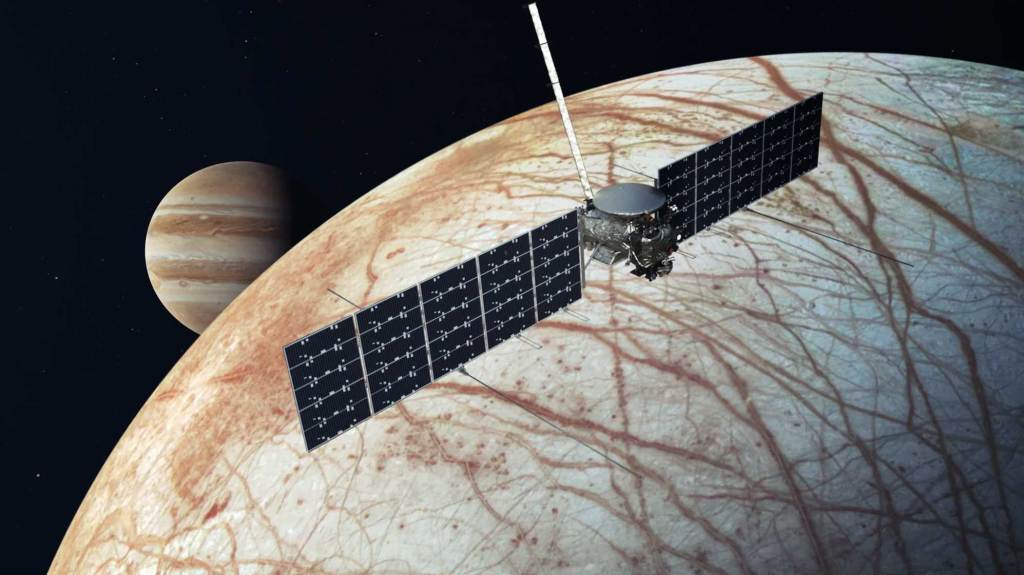
Europa Clipper
Europa Clipper launched Oct. 14, 2024, to conduct a detailed investigation of Jupiter's moon Europa.
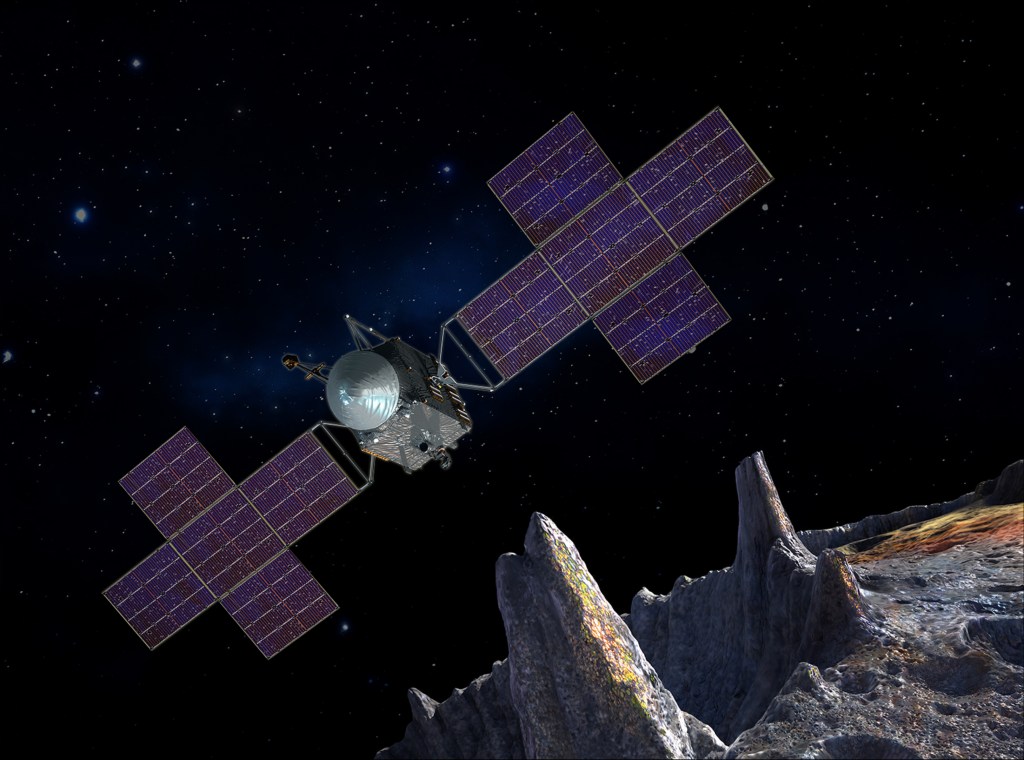
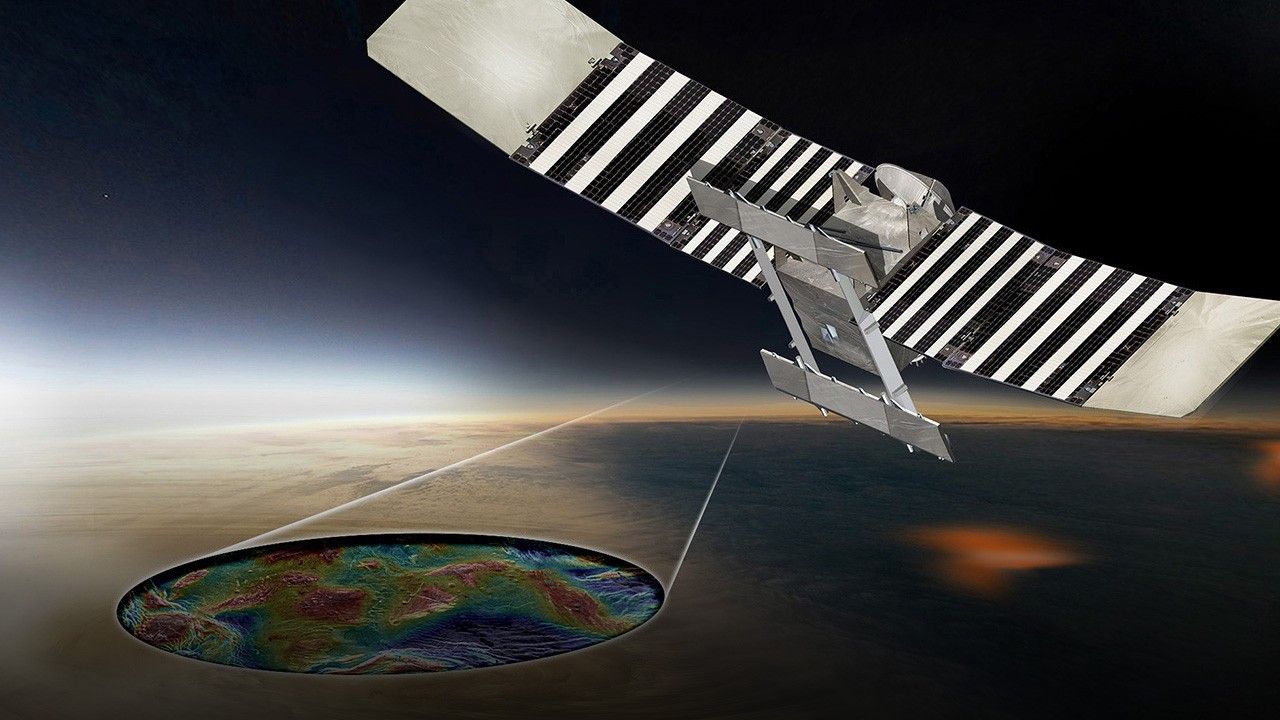
VERITAS
VERITAS and DAVINCI will be the first NASA spacecraft to explore Venus since the 1990s. VERITAS will launch no earlier than 2031.
Featured Articles
Resources
Explore curated collections of resources, including activities that can be done at home, as well as videos, animations, handouts, and online interactives.


